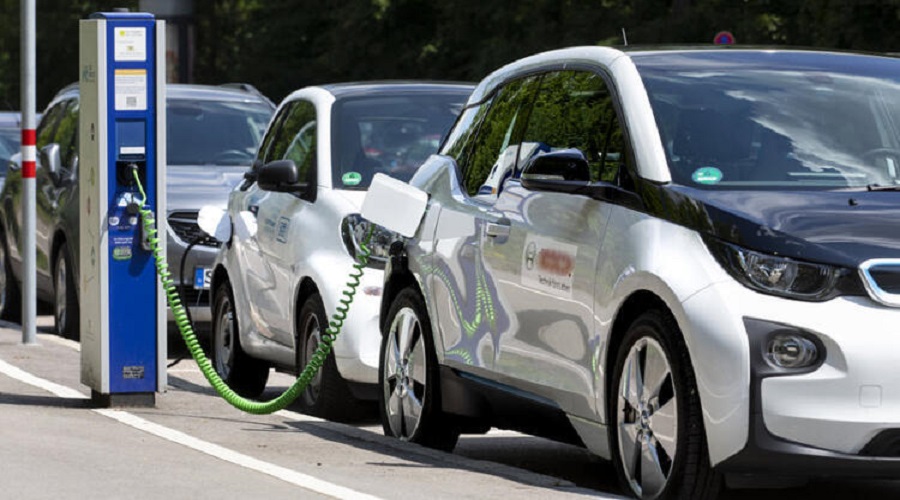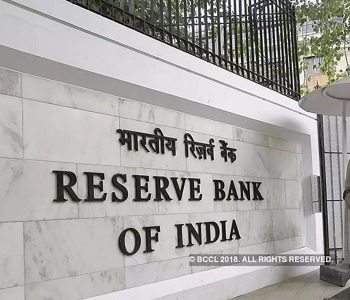Confusion reigns as Nepal struggles to set fares for electric-powered public transport

KATHMANDU: The Department of Transport Management (DoTM) finds itself in a quandary over establishing fare structures for electrically powered public transport vehicles.
Uddhav Prasad Rijal, Director General of the DoTM, expressed uncertainty about the criteria for determining fares, noting that departmental discussions on the matter have failed to yield any conclusive decisions.
Director General Rijal acknowledged the lower operating costs of electric vehicles but highlighted the challenge posed by their higher initial purchase prices. The ambiguity arises from the limited operational history of electric vehicles, with no consensus reached on defining fare structures.
Rijal pointed out the unknowns associated with the longevity of electric vehicles, potential breakdowns, and the cost of battery replacement within the next five to ten years.
He questioned the uncertainty surrounding repair costs in the event of breakdowns and raised the possibility of a global shift from electric to hydrogen vehicles.
In the current circumstances, Rijal emphasized the impracticality of determining separate fares for electric vehicles.
However, the private sector accuses the government of avoiding the establishment of electric vehicle fares and claims that the government is reluctant to engage in discussions with stakeholders.
Bhesh Bahadur Thapa, President of Sundar Yatayat, criticized the DoTM for not actively involving stakeholders in discussions, asserting that dialogue with the private sector is essential for understanding the intricacies of their vehicles.
To shed light on the cost-saving potential of electric vehicles, a comparative analysis was provided. Electric vehicles running short and medium-distance routes were contrasted with diesel vehicles covering similar distances.
The analysis showed that electric vehicles, consuming significantly less electricity than the fuel costs of diesel vehicles, could save transport businesses up to Rs 972,000 annually.
Furthermore, the report highlighted the minimal regular maintenance costs of electric vehicles, as they require only greasing, making them more economically favorable for the transport business.














Facebook Comment